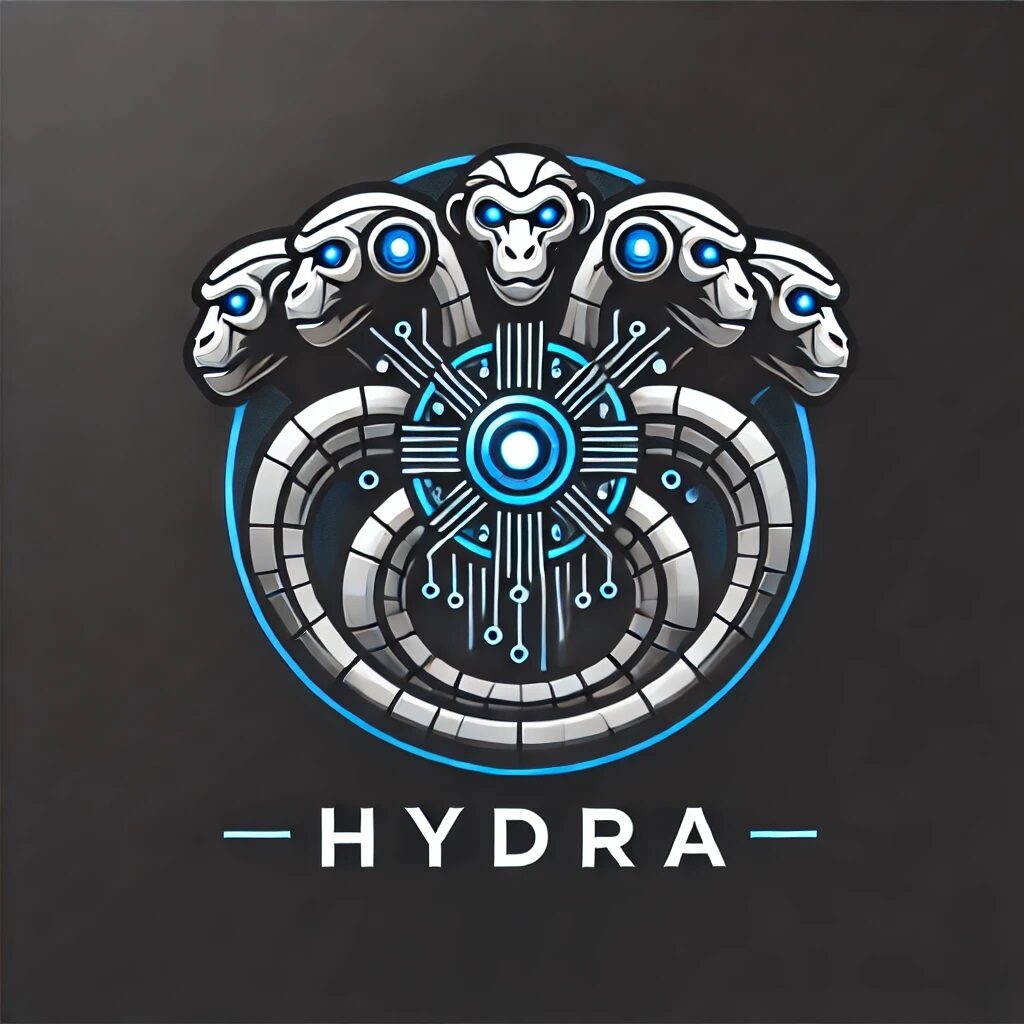The need to improve speed and cost-effectiveness, while allowing for efficient disaster recovery, drove the California National Primate Research Center (CNPRC) at UC Davis to develop “Hydra,” a project they started in 2021. Since then, they have deployed numerous systems, applications, forms and reports on the system, providing a range of benefits, from labor savings, on the one hand, to allowing the veterinary staff to start rounds earlier in the day, thus advancing animal care. This year, the team won the UC Tech Larry L. Sautter silver award for Innovation in Information Technology. The following story is based on their original application, which they submitted as part of the UC Tech Awards program last spring.
Overview
The “Hydra” project was conceived to develop a platform for the California National Primate Research Center (CNPRC)’s legacy modernization efforts to enable development teams to build, test and deploy modern applications quickly, cost-effectively and with optimal disaster recovery capabilities. Hydra’s application stack was designed to be flexible enough to integrate with any data source while maintaining common industry standards to ensure interoperability. To date, nine systems, sixteen applications, 73 data entry forms, and 115 reports have been deployed on the platform.
The success journey

“Hydra” – the multi-headed creature – tackling multiple challenges at a time
Inspired by the myths of the “Lernaean Hydra” in Greek mythology (see the team’s project image, above), the California National Primate Research Center (CNPRC) development team designed an environment (“Lerna” – from the full name “Lernaean”), and data management platform (“Hydra”), to support many applications (the “heads” of the serpent). The basis for the system is three data repositories for: (1) Colony; (2) Clinical; and (3) Research data. A set of services to ingest, transform and integrate data works in conjunction with a messaging broker to provide event-based communication between applications and queues for incoming data from third-party systems for medication management and laboratory testing.
The platform leverages well-established, supported, modern, open-source technologies from RedHat, Eclipse, Google and Apache with strong well-adopted standards to avoid vendor lock-in and minimize expensive proprietary software licensing fees.
Services
- Hybrid Cloud Infrastructure – Provides an integrated compute, storage, and virtual desktop environment that combines an on-premises data center (private cloud) with public cloud services to deliver fault-tolerant applications and services.
- Hydra Core – An open application ecosystem that provides data storage, data ingestion, data integration, data persistence, and data access service, as well as supporting advanced data analytics.
Data Repositories
- Colony Information System (CIS) – Provides a repository for 50 years of animal, project, and historical data for the CNPRC’s colony of non-human primates (NHP).
- Clinical Data Repository (CDR) – A new repository to collect point-of-care and system-generated medical record data for animal care and research purposes.
- Research Data Repository (RDR) – A repository to collect lab and instrument-generated data in a central location for research purposes.
Applications
- Vitals Animal & Colony Demographics – A collection of easy-to-use web applications that provide quick visuals and vital data to manage individual and population demographics and assist with daily animal care data needs.
- Electronic Health Record (EHR) – A custom EHR purpose-built for non-human primate (NHP) medical records to replace paper medical records and provide quick insights into health trends.
- Health Observations Applications – An integrated set of applications used to collect abnormal observations during daily rounds using Zebra mobile computers. Includes a native mobile application, web status dashboard, and a data matrix 2D code generator. Observations are transmitted wirelessly to the veterinary staff for triage.
- Systematized Nomenclature of Medicine (SNOMED) coding application – Provides features to code diagnoses, procedures, and other medical events.
- Documents Database – An encrypted database and viewer to store and view sensitive documents and scanned medical records.
- Bio-Behavioral Pairing App – An application that use Bio-Behavioral Assessment (BBA) data to predict social pairing success for Non-Human Primates.
- Grants Management – A system that provides the business office contracts and grants team the ability to manage their investigator’s specific grants, robust reporting not available through Cayuse SP, and systematic pulls from Cayuse SP Award information daily.
- Spaces – An application used by the space review committee to manage and assign physical spaces such as offices, laboratory spaces, and freezers on the CNPRC campus.
- Surgery Request System – A form for investigators to request medical and experimental procedures.
- HR Employee Management – The system of record for CNPRC employee records. Integrates with other Hydra applications and systems for role-based access.
- Employee Directory – A virtual directory with contact information for all CNPRC employees
- CNPRC Library – A knowledge management system with system documentation, policy documents, how-to articles, and other documents.
- Billing System – The Interim billing web application has been developed for End of Month files to be processed using our legacy Oracle system and Aggie Enterprise.
- Data indexing – Uses Hibernate and Lucene to index structured and unstructured data for … – 26K pages of unstructured pathology data.
Integrations
- Keycloak – Authentication and Authorization integrated with CAS.
- Orchard LIS – Lab order and results management.
- Cubex Medication Management – Stock and restricted substances inventory.
- Matomo Application Analytics – Application usage analytics.
- PRTG System and Performance Monitoring – Application monitoring and alerting
- Prometheus – Computing Cluster Monitoring.
- Microstrategy Report Library – Scheduled and Live data reporting and analytics.
- NextGen Connect (AKA Mirth) – Multi Format Interface engine for Medical Data.
- Cayuse – Office of Research grants administration system.
- Aggie Enterprise (AE) – Provides an interface to the new AE financial system for direct submission of monthly billing.
Impact
Health Observations System saves an average of 15 hours a day for a labor savings of $29,000 per month and allows the Vet staff to start rounds earlier in the day, which has a positive impact on animal care.
The implementation and integration of the Laboratory Information System (LIS) in the Clinical Labs saves an estimated 2.0 Full Time Equivalent (FTE)s in annual labor by eliminating the paper process for ordering, sample labeling, and handwritten transcription of results in the medical record.
Implementation timeline
The Hydra Platform and Applications were developed from June 2021 through the current date.
Team
- Brian Spray – Chief Information Officer (CIO) CNPRC-IT, UC Davis
- Alexander Isaac Wayne Haslam – Application Programmer, Manager, CNPRC-IT, UC Davis
- Vaishnavi Krishna Sagaram – Lead Developer, CNPRC-IT, UC Davis
Contact

Chief Information Officer
California National Primate Research Center (CNPRC)
UC Davis
[Cover image caption/ alt text: Alexander Isaac Wayne Haslam receiving the award on behalf of his three-person team at UC Davis. He is pictured with Van Williams, Vice President Information Technology (IT) and Chief Information Officer (CIO) of the University of California, with Viji Murali, Vice Chancellor of IT and CIO, UC Davis, and John Cook, Associate CIO, UC Davis Health.







